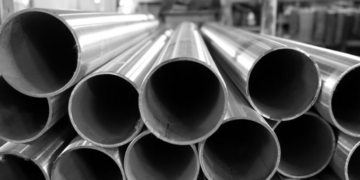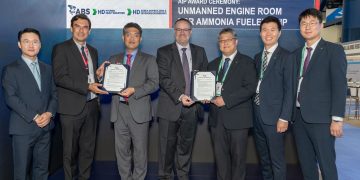CEPSA launches new marine fuel containing only 0.1% sulphur
CEPSA, in its commitment to innovation, has announced the launch of a new fuel for maritime use known as DMB 0.1%. This product, which contains only 0.1% sulphur, allows the Company to get a head start on the new regulations MARPOL (International Convention for the Prevention of Pollution from Ships) that will apply to all ships navigating through Sulphur Emission Control Areas or ECAs (Northern Europe, USA and Canada) from 2015. CEPSA has been one of the first producers on a global level, and the first in Spain, to announce a specific product to comply with the new legislation, thanks to the versatility and flexibility that CEPSA production units possess. The Company has succeeded in adapting the resources it currently has at its disposal in its refineries (in this case, a common and pre-existing resource), in order to produce DMB 0.1%. This advance highlights CEPSA's commitment to the environment, leading the Company to remain at the forefront of research, development and innovation and ensuring compliance with upcoming legal and environmental requirements. According to Alberto Martinez-Lacaci, director of Marine Fuels at CEPSA, "this new fuel shows that CEPSA is at the forefront of the sector, adapting to environmental needs and offering ...
Read more



































































